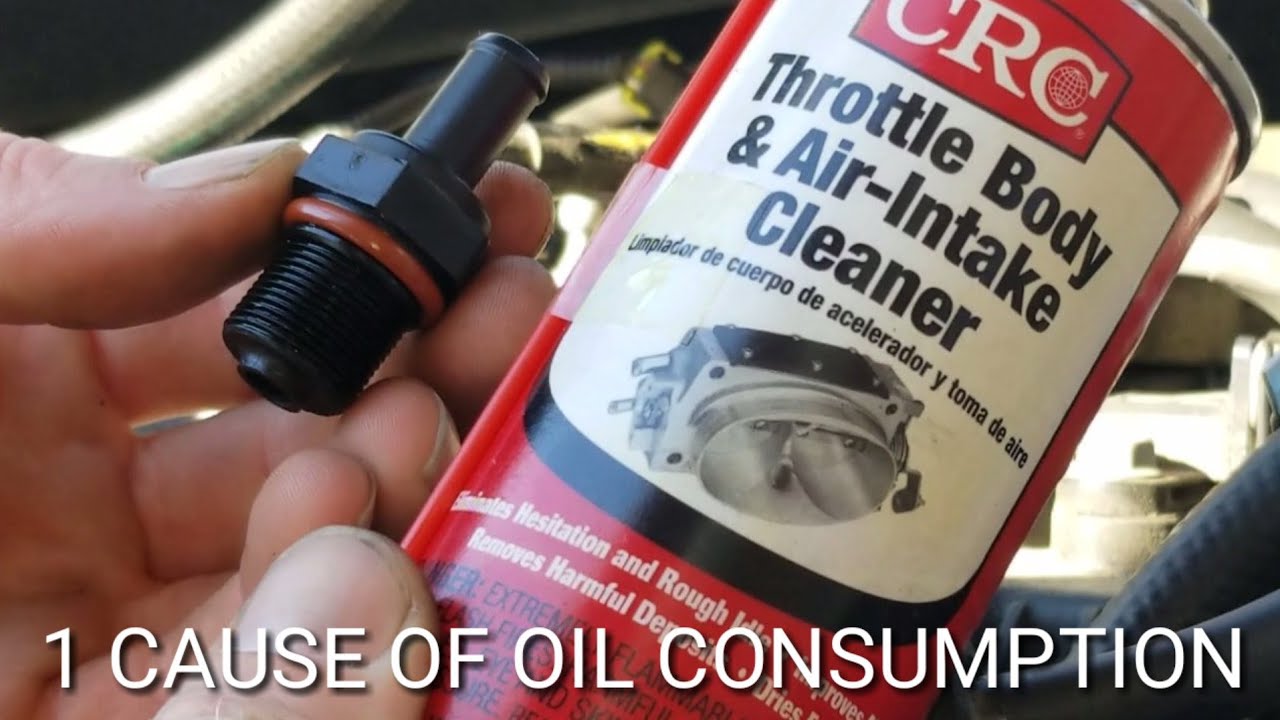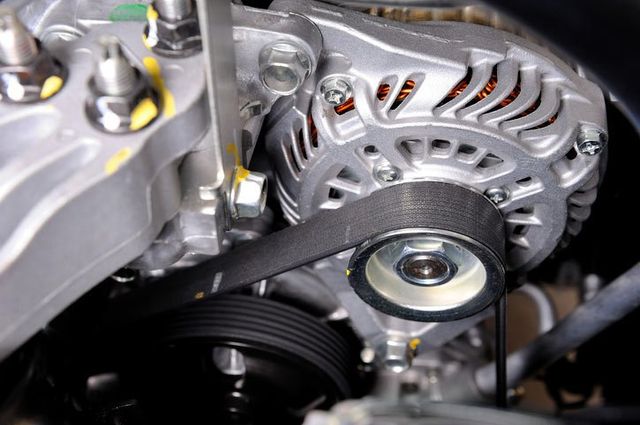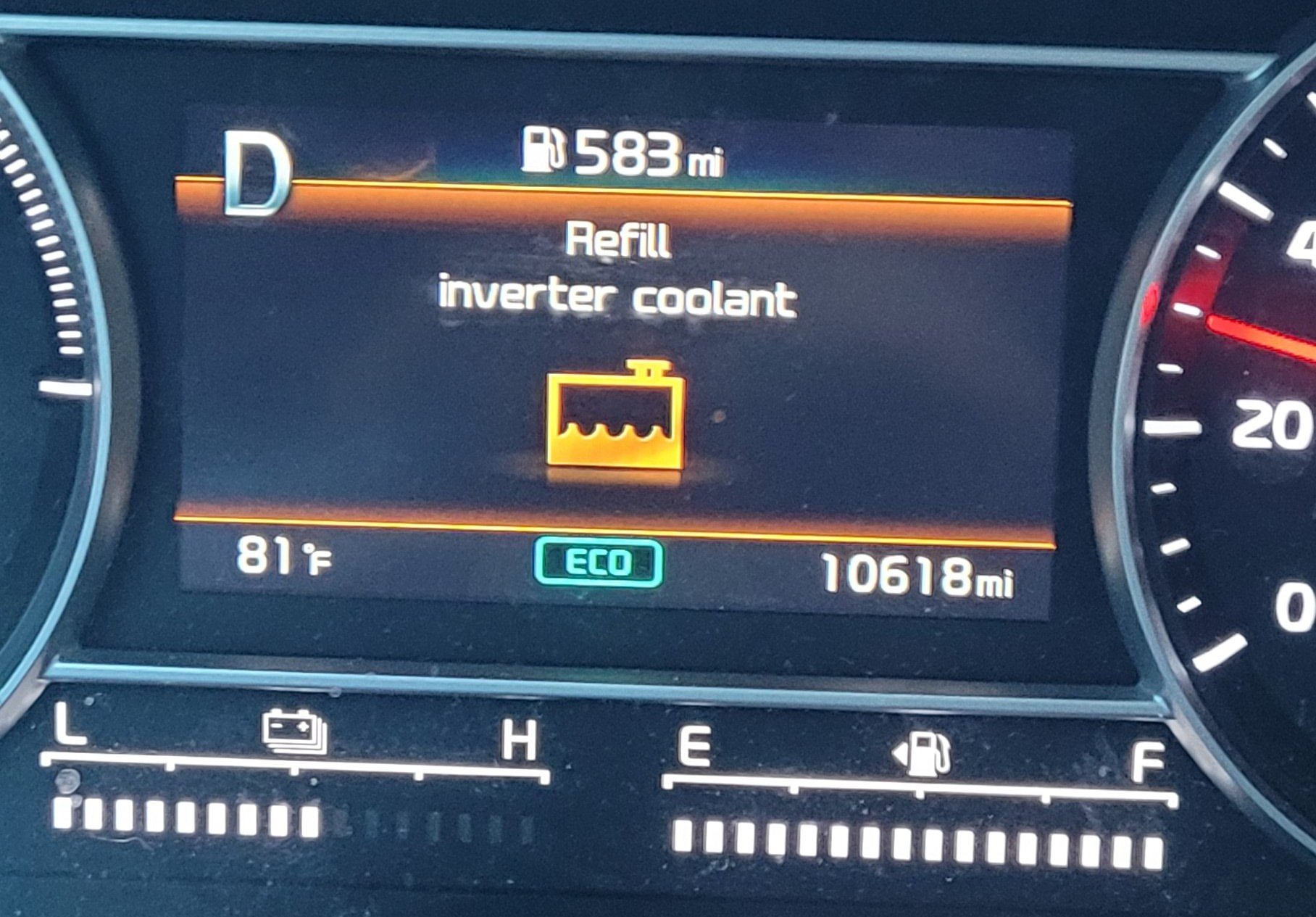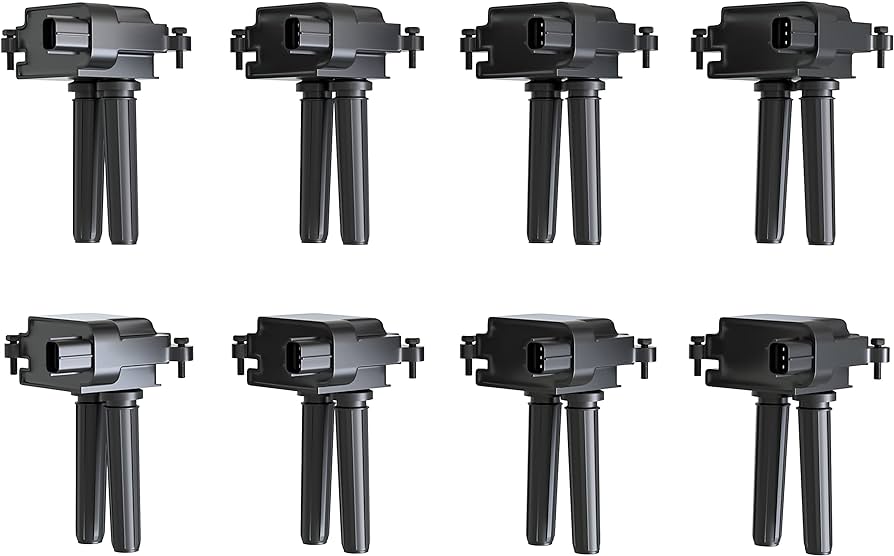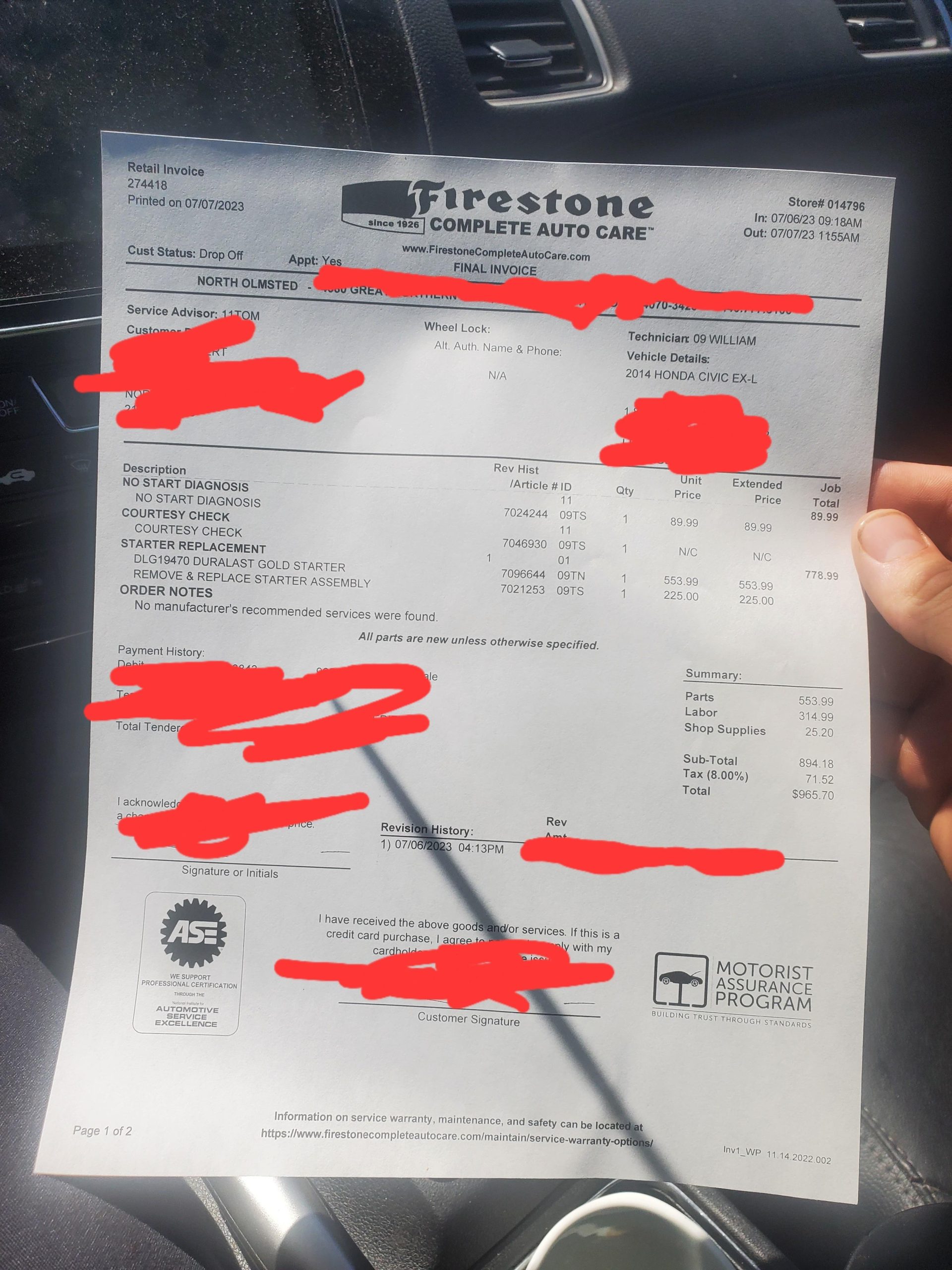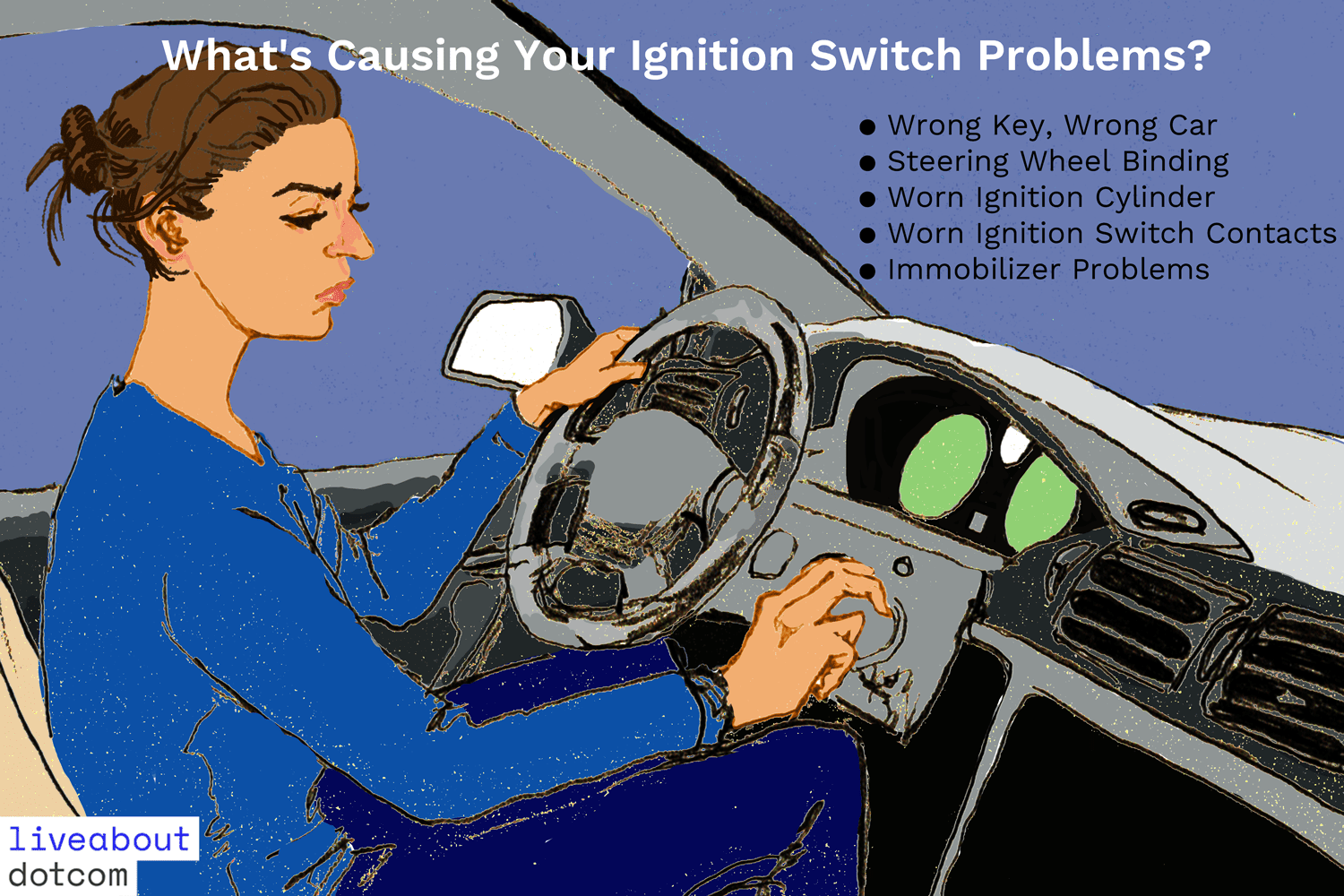Can a Bad Egr Valve Cause Oil Consumption
A bad EGR valve is unlikely to cause oil consumption; it’s more associated with exhaust issues. The primary function of the EGR valve is related to emissions control.
Oil consumption in vehicles typically stems from issues separate from the Exhaust Gas Recirculation (EGR) valve, whose role is to reduce nitrogen oxide emissions by recirculating a portion of an engine’s exhaust gas back into the intake manifold. Problems with the EGR valve can lead to reduced engine performance, increased emissions, and potential engine damage over time.
Although a malfunctioning EGR valve can cause various drivability issues, it’s not a common culprit for oil consumption. Oil burning or loss usually points to engine component wear, such as worn piston rings, valve seals, or a compromised PCV system. Identifying the source of excessive oil consumption often requires a thorough engine check-up. For anyone maintaining their vehicle’s health, understanding the distinct functions of engine components like the EGR valve is vital in troubleshooting unrelated issues such as oil consumption.

Credit: www.ebay.com
The Role Of The Egr Valve In Engine Performance
The EGR valve plays a crucial part in controlling emissions and enhancing engine performance. By recirculating exhaust gases into the combustion chamber, it helps reduce the formation of harmful pollutants. Let’s explore how this component works and its impact on engine functionality and potential oil consumption issues.
Basics Of Exhaust Gas Recirculation
The Exhaust Gas Recirculation (EGR) system takes a small amount of exhaust gas and mixes it back into the intake air. This process cools the combustion temperature. Cooler temperatures mean fewer nitrogen oxides (NOx), which are harmful gases.
- Reduces combustion temperature: Less heat reduces NOx formation.
- Improves air quality: Lower NOx means cleaner exhaust.
- Boosts engine life: Less heat stress on engine parts.
Egr Valve Functionality In Modern Engines
In modern engines, the EGR valve’s operation is more sophisticated. Computer controls adjust the valve to suit different running conditions. This precision helps to maintain optimal performance and minimize issues.
| Condition | EGR Valve Response |
|---|---|
| Idle | Minimally active |
| High Load | Opens to reduce NOx |
| Deceleration | Largely inactive |
A bad EGR valve might negatively influence performance, leading to improper combustion and potentially higher oil consumption. Regular checks and maintenance ensure your engine runs smoothly with optimal oil usage.

Credit: www.machinerylubrication.com
Diagnosing Egr Valve Malfunctions
When an EGR (Exhaust Gas Recirculation) valve starts to fail, it can lead to decreased fuel efficiency, rough idling, and increased oil consumption. Understanding how a bad EGR valve might contribute to these concerns requires a look at the symptoms and diagnostic procedures.
Common Symptoms Of A Failing Egr Valve
Noticing a few key signs can alert you to EGR valve troubles. Here are the most common symptoms to watch for:
- Engine Performance Issues: Power loss and stalling might occur.
- Rough Idle: The engine may run unevenly at a standstill.
- Poor Emissions: High levels of nitrogen oxide emissions are a red flag.
- Check Engine Light: An illuminated warning light often signifies EGR problems.
- Increased Fuel Consumption: If the EGR valve malfunctions, fuel efficiency drops.
Diagnostic Procedures For Egr Issues
Proper diagnosis is crucial to fixing EGR valve issues effectively. Follow this step-by-step procedure:
- Check the Check Engine Light: Use an OBD-II scanner for error codes.
- Inspect the Valve: Look for signs of damage or carbon buildup.
- Test Valve Operation: Conduct a vacuum test to ensure proper opening and closing.
- Bench Test: Remove the valve and apply vacuum to check for smooth movement.
- Examine Related Components: Ensure hoses and passages are clear and intact.
Egr Valve Failures And Engine Oil Consumption
The Exhaust Gas Recirculation (EGR) valve plays a critical role in reducing vehicle emissions. However, when it fails, it can lead to a variety of engine troubles. One lesser-known problem is increased engine oil consumption; a symptom that often goes unnoticed until it leads to significant engine damage.
Potential Links Between Egr Valve And Oil Usage
When an EGR valve malfunctions, several issues can arise. The valve may stick open or closed, leading to an imbalance in the air/fuel mixture. This can cause oil to dilute or increase engine wear, subsequently raising oil usage.
- Stuck open EGR valve: Excessive soot production, which contaminates oil.
- Stuck closed EGR valve: Increased engine temperatures degrade oil faster.
A faulty EGR can also lead to engine knocking, which increases pressure and can cause oil to escape into the combustion chamber.
Myths Versus FactsMyths Versus Facts
| Myth | Fact |
|---|---|
| All oil consumption issues come from the EGR valve. | Many factors can cause oil consumption; EGR failure is just one potential cause. |
| An EGR valve has no impact on oil. | Incorrect, a failing EGR valve can indirectly lead to increased oil usage. |
It’s crucial to distinguish between myths and realities as engine health depends on accurate diagnosis and action.
Credit: www.quora.com
Mechanics Of Oil Consumption
Understanding the mechanics of oil consumption is vital for maintaining engine health. Oil is the lifeblood of an engine, ensuring smooth operation. But sometimes, engines lose oil. This loss can be due to normal use or underlying issues. Let’s dive into the causes and examine the truth behind EGR valve influence on oil consumption.
Firstly, it’s essential to grasp how engines utilize and lose oil. Normally, oil circulates, lubricating engine parts. This process minimizes friction and wear. Oil can escape through different paths in an engine.
- Evaporation: High temperatures can cause oil to evaporate.
- Leakage: Worn seals or gaskets may lead to oil leaks.
- Combustion: Oil might burn off in the combustion chamber.
Non-egr Related Causes Of Oil Consumption
While a bad EGR valve might affect engine performance, oil consumption often stems from other issues. Non-EGR related causes are more common and should be checked first.
- Worn piston rings:
- Ageing valve seals:
- Overused oil:
These seal the space between the piston and the cylinder wall. If worn, oil can seep into the combustion chamber.
Valve seals can degrade over time. This allows oil to enter the combustion area, resulting in consumption.
Old oil loses its viscosity. Thinner oil can leak through engine clearances more easily.
Addressing Egr Valve Problems To Reduce Oil Consumption
An EGR (Exhaust Gas Recirculation) valve helps reduce emissions. A faulty EGR valve can lead to performance issues. One potential issue is increased oil consumption. To maintain a healthy car, tackle EGR valve issues promptly.
Troubleshooting Steps
Identify the EGR valve problems to fix oil consumption. Use these steps:
- Check for an illuminated check engine light.
- Inspect the EGR valve for damage or blockage.
- Perform an EGR system test with a vacuum gauge.
- Listen for unusual noises indicating EGR valve sticking.
Follow the car’s manual for specific EGR system diagnostics.
Professional Repair Vs. Diy
Choosing between professional or DIY repair depends on skill level and tools available.
| Professional Repair | DIY |
|---|---|
| Pros: Expertise and guaranteed work. | Pros: Cost-effective and educational. |
| Cons: More expensive. | Cons: Risk of incorrect repair. |
For simple cleaning or replacement, DIY may be suitable. A complex repair needs a professional mechanic. Always consider car warranty conditions as well.
Preventative Measures And Routine Maintenance
Maintaining your car’s EGR (Exhaust Gas Recirculation) valve is crucial for its longevity and efficiency. Neglect can lead to increased oil consumption among other engine issues. Here are some essential practices to keep your engine running smoothly and to prevent unnecessary oil consumption.
Best Practices For Egr And Engine Care
EGR valves play a key role in reducing emissions and improving engine efficiency. Follow these steps to maintain your EGR valve:
- Regular Inspections: Check your EGR valve periodically for signs of damage or clogging.
- Clean the EGR Valve: Use a recommended cleaner to remove carbon buildup.
- Strict Service Intervals: Adhere to your vehicle’s service schedule for professional EGR cleaning and testing.
- Address Issues Promptly: Don’t ignore EGR error codes from your onboard diagnostics.
Equally, you should take care of your engine:
- Use Quality Oil: Opt for high-grade oil that suits your engine type.
- Timely Oil Changes: Change oil as specified by your car’s manufacturer.
- Warm Up Your Car: Give your engine time to warm-up before driving off.
- Monitor Engine Performance: Watch for any signs of reduced performance or unusual noises.
Long-term Benefits Of Regular Maintenance
Ongoing care of your car’s EGR system and engine reaps long-term rewards:
- Increased Efficiency: A well-maintained engine runs more efficiently, using less oil.
- Better Performance: Routine checks prevent performance dips and keep your car running like new.
- Reduced Repair Costs: Addressing small issues early can prevent costly repairs down the line.
- Enhanced Lifespan: A clean EGR valve and a healthy engine contribute to a longer vehicle lifespan.
- Emission Control: Keep emissions low with a functioning EGR system.
With these practices in place, your vehicle will not only consume oil more effectively but also remain a reliable companion on the road.
Frequently Asked Questions For Can A Bad Egr Valve Cause Oil Consumption
Can Egr Valve Issues Lead To Higher Oil Consumption?
EGR (Exhaust Gas Recirculation) valve problems do not typically cause increased oil consumption directly. The EGR valve’s main function is to reduce NOx emissions by recirculating a portion of the exhaust gases back into the engine cylinders. Oil consumption issues are generally related to other engine components like piston rings, valves, or gaskets.
What Signs Indicate A Failing Egr Valve?
Symptoms of a failing EGR valve include rough idling, a decrease in engine performance, the ‘Check Engine’ light turning on, and increased fuel consumption. You may also experience engine knocking or pinging. Proper diagnosis is essential as these symptoms can be indications of various engine issues.
How Does A Malfunctioning Egr Valve Affect The Engine?
A malfunctioning EGR valve can lead to a range of engine performance problems. It can cause the engine to run inefficiently, increase emissions, and potentially lead to engine pinging or knocking. Over time, it may also contribute to the build-up of carbon deposits in the intake valves and combustion chamber.
Is It Safe To Drive With A Faulty Egr Valve?
Driving with a faulty EGR valve might not cause immediate danger but it can lead to long-term engine damage, reduced fuel efficiency, and increased emissions. If you suspect your EGR valve is not working correctly, it’s wise to have it checked and repaired by a professional mechanic soon.
Conclusion
Diagnosing and addressing a faulty EGR valve is vital for engine health. It may not be a direct cause of oil consumption, but its impact on engine performance cannot be overlooked. Regular maintenance can prevent the cascade of issues that follow a malfunctioning EGR valve.
Stay vigilant with vehicle care to ensure longevity and efficiency.

